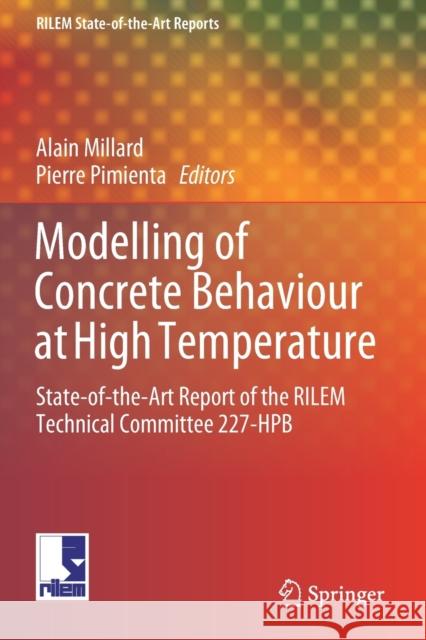Modelling of Concrete Behaviour at High Temperature: State-Of-The-Art Report of the Rilem Technical Committee 227-Hpb » książka
topmenu
Modelling of Concrete Behaviour at High Temperature: State-Of-The-Art Report of the Rilem Technical Committee 227-Hpb
ISBN-13: 9783030119973 / Angielski / Miękka / 2020 / 100 str.
Modelling of Concrete Behaviour at High Temperature: State-Of-The-Art Report of the Rilem Technical Committee 227-Hpb
ISBN-13: 9783030119973 / Angielski / Miękka / 2020 / 100 str.
cena 402,53
(netto: 383,36 VAT: 5%)
Najniższa cena z 30 dni: 385,52
(netto: 383,36 VAT: 5%)
Najniższa cena z 30 dni: 385,52
Termin realizacji zamówienia:
ok. 16-18 dni roboczych.
ok. 16-18 dni roboczych.
Darmowa dostawa!
Kategorie:
Kategorie BISAC:
Wydawca:
Springer
Seria wydawnicza:
Język:
Angielski
ISBN-13:
9783030119973
Rok wydania:
2020
Wydanie:
2019
Numer serii:
000419455
Ilość stron:
100
Waga:
0.19 kg
Wymiary:
23.39 x 15.6 x 0.71
Oprawa:
Miękka
Wolumenów:
01
Dodatkowe informacje:
Wydanie ilustrowane











